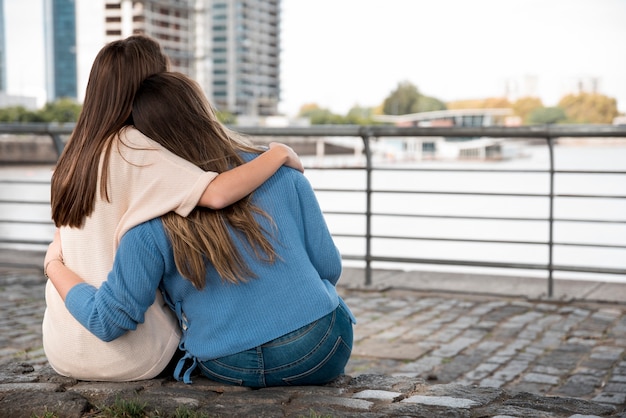

Last month, my sister Fiona passed away suddenly. While she had been battling cancer for years, undergoing multiple rounds of chemotherapy and radiotherapy, she always managed to pull through. However, when the cancer spread to her brain, it took a toll on her. Losing her hair again and giving up driving weighed on her, but she didn’t expect it to be fatal. Despite completing whole-brain radiotherapy and starting at-home chemotherapy, it wasn’t the cancer that claimed her life. The strain from all the medications, particularly the steroids, led to a heart attack. Everyone, including Fiona and her doctors, believed she had more time, maybe a year or two. She was only 58 and aware she might not reach 60. At least, she passed away at home with her partner by her side, which was a small comfort.
Death is a peculiar thing. All those memories, experiences, emotions, and thoughts seem to vanish, leaving a void. We are left holding the remnants of a relationship, with our love searching for something to connect to. It’s understandable why many people believe in an afterlife. Fiona did, especially after losing her youngest child. But that belief wasn’t for me.
I want to share some practices that I’ve found helpful in dealing with death. Buddhism teaches us to reflect on impermanence, especially death. The scriptures remind us that we will get sick and die and that we’ll be separated from everything dear to us. This reflection isn’t meant to be depressing but to enhance our appreciation for life by highlighting its fragility.
One useful approach is to evaluate situations by asking, “Will this matter on my deathbed?” Annoyances like slow drivers or household messes pale in comparison to what truly matters — happiness, love, and meaningful activities. You want to look back and feel that you lived well.
Recognizing death’s inevitability makes it less shocking. While we know intellectually that life ends in death, we often live in denial. Regular reminders help us accept reality.
Grieving someone’s death is painful, and how we respond to this pain can either increase our distress or bring us peace. If we view emotional pain as a weakness or try to suppress it, we only suffer more. Pain is our mind’s way of signaling that an important connection has been lost. Adding fear to our grief, believing it’s unbearable or will only get worse, amplifies our suffering.
The key is self-compassion, which I discuss extensively in my writings. Feelings, no matter how intense, always pass. Reflecting on past sufferings that have faded can remind us of this truth. Compassion for our pain allows us to empathize with others’ pain as well.
Attempts to offer comfort by dismissing grief can be unhelpful, even hurtful. Real compassion acknowledges that grief is normal and supports the grieving person without trying to fix their pain. Simply being present and offering genuine sympathies can be deeply comforting. Sharing positive memories of the deceased can also help.
Compassion shifts our focus from ourselves to others. Connecting joyfully with people during funerals, for instance, can bring moments of happiness amidst sorrow, and it’s okay to feel joy alongside grief.
Celebrating the life of the deceased can also be comforting. Reflecting on cherished memories and their positive traits helps keep their spirit alive.
It’s also worth remembering that the future we mourn never actually existed. While this isn’t something to impose on others or use to suppress your pain, understanding that the future is just an idea can ease some of the extra grief. Your grief will find its own timeline to subside, though it might never completely go away, reappearing from time to time.
Above all, I’m grateful I spoke to Fiona shortly before she passed. She was very private about her health, preferring brief email exchanges. But two weeks before her death, we had a warm phone conversation. It’s a comforting memory, free of unresolved tension. This reminds me of the importance of resolving conflicts and making peace while we still have time, as tomorrow might be too late.
Many people can relate to losing loved ones. Over the years, I lost two brothers, both in their early 30s, my father in his 70s, and my mother at 70. The overwhelming grief eventually led me to meditation and Buddhist teachings, which helped ease my loneliness and sadness. Now, when I remember my family, I do compassion meditations, sending them love and merit, and I find myself smiling at the memories.
Life is now, and staying present helps us move forward. Our friends and family, even if not physically present, are still with us in spirit. My thoughts are with everyone experiencing grief, and I hope they find solace in their memories and the practices that bring them peace.